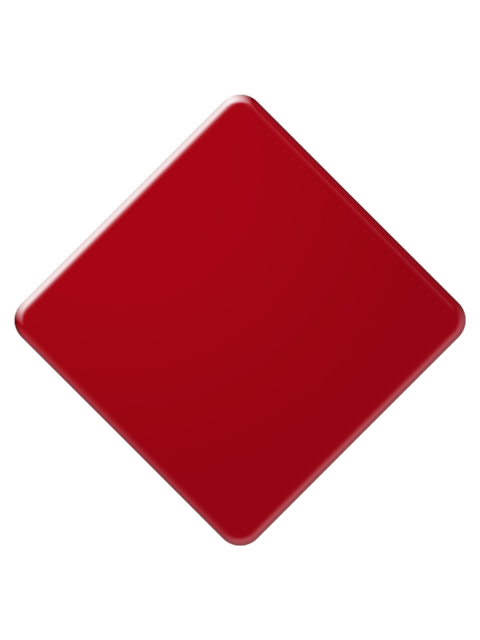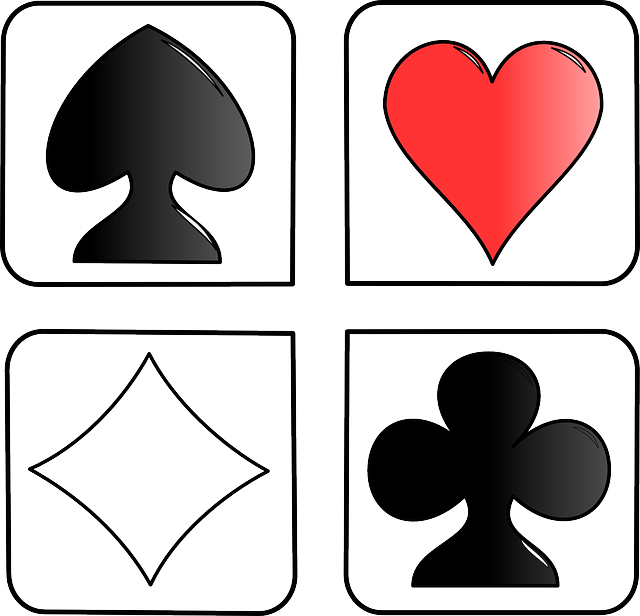Omaha poker, a strategic variant of Texas Hold'em, starts with each player receiving four private cards and five community cards in three stages (flop, turn, river). Players form their best five-card hand using any combination. Success requires understanding betting rounds, hand strength assessment, and blending strategy with luck. Effective strategies include identifying strong starting hands, analyzing board patterns, folding when necessary, and practicing patience. Mastering Omaha poker enhances overall poker skills.
Learn the art of Omaha poker and master this exciting variant with our comprehensive guide. From understanding the rules and structure to setting up the game and dealing cards, we’ve got you covered. Discover effective playing strategies that can enhance your winning potential in Omaha hands. Whether you’re a novice or looking to refine your skills, this article offers valuable insights into the world of poker, ensuring you know exactly how to play Omaha like a pro.
- Understanding Omaha Poker Rules and Structure
- Setting Up and Dealing the Cards
- Playing Strategies for Winning Omaha Hands
Understanding Omaha Poker Rules and Structure

Omaha poker is a popular variation of Texas Hold’em, known for its strategic depth and unique rules. Understanding the structure and rules is the first step in mastering this game. Unlike Texas Hold’em, Omaha players receive four private cards, which they must use in conjunction with community cards to form their best five-card hand. The objective remains the same: make the highest-ranked poker hand while outplaying your opponents.
The game is played over several rounds, with each player having the opportunity to bet, check, or fold. Key terms like ‘Ante’ (a mandatory bet before dealing) and ‘Call’ (matching a previous bet) are essential in Omaha, adding a layer of complexity. Knowing when to play aggressively or conservatively, based on your hand strength and the potential for improving it with community cards, is crucial for success in this game.
Setting Up and Dealing the Cards

To start a game of Omaha poker, first, gather around a table with enough seating for your group and place a deck of 52 cards in the center. Remove any jokers or additional cards before shuffling. A standard shuffle ensures each player gets an equal chance. After shuffling, deal each player four cards face down – these are their hole cards. Then, place five community cards face up on the table in three stages: the first three (flop), fourth (turn), and fifth (river). This setup forms the foundation for every hand, and understanding how to use these cards is crucial when learning how to play poker Omaha.
Players now aim to create the best five-card poker hand using any combination of their hole cards and the community cards. Dealing begins with the player to the left of the dealer, allowing everyone an opportunity to act before discarding unwanted cards and drawing new ones if needed. This process continues until each player has reached their desired hand or decided to fold.
Playing Strategies for Winning Omaha Hands

Playing Omaha poker requires a blend of skill, strategy, and a bit of luck. Unlike Texas Hold’em, where players receive just two private cards, Omaha hands start with four community cards. To win, you must create the best five-card hand from these seven available cards. One effective strategy is to identify strong starting hands – pairs or high cards that work well together. For instance, a pair of kings and an ace can be a powerful combination.
Another crucial aspect is understanding when to fold. Omaha can be aggressive, with players often betting heavily on strong hands. If you’re unsure about your hand strength, consider the board pattern, other players’ actions, and your hole cards. Folding early can save you from losing chips, allowing you to play more hands where you have a better chance of winning. Remember, patience is key; waiting for the right moment to act can significantly improve your Omaha poker gameplay and increase your chances of taking home the pot.
Omaha poker, known for its strategic depth, offers a unique twist on traditional Texas Hold’em. By understanding the rules, setting up the game properly, and employing effective playing strategies, you can enhance your skills and increase your chances of winning. Remember, in any poker variant, practice makes perfect, so keep refining your Omaha gameplay to become a master of this exciting game.






